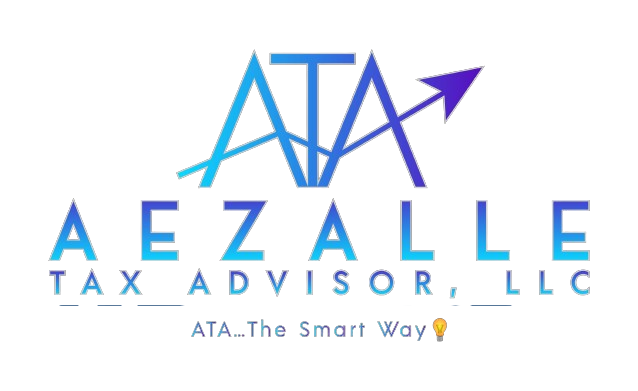
Dyezae Smith, CPA, MSCTA
Tax Strategist

Overview of Article
- Bonus depreciation will become a less effective tax strategy after 2024.
- A Cost Segregation study can supercharge your tax deductions.
- Consider code section 179 in a 60-percent bonus environment.
- Consulting a tax expert is critical and can save you thousands in taxes.
As the year 2023 closes and we move into tax year 2024, the 2017 Tax Cuts and Jobs Acts will go through yet another change that will affect real estate investors. Here are the key factors to consider when game planning about how to strategically maximize your real estate losses for the year. To learn more about the services provided by ATA, contact us.
What was the 2017 Bonus Deprecation Provision?
In 2017, Congress passed the Tax Cuts and Jobs Act which included a provision for bonus depreciation. Starting in the fall of 2017, all real property with a useful life of 20 years or less and placed in service were written off at 100% of the assets value. The deduction remained at 100% until December 31st, 2022, at which time the deduction decreased to 80%. Below shows an illustration of the total drop-off in the deduction for 2024 and beyond:
- January 1st, 2024 – December 31st, 2024: Bonus rate at 60%
- January 1st, 2025 – December 31st, 2025: Bonus rate at 40%
- January 1st, 2026 – December 31st, 2026: Bonus rate at 20%
- January 1st, 2027 & Later: Bonus rate is 0%
Why Should You Consider a Cost Segregation Study?
A cost segregation study is an immensely powerful tool that real estate investors are combining with bonus deprecation to supercharge their tax write-offs. The study allows investors to accelerate their deprecation by breaking out the individual components of the property including the land improvements into their own useful life categories (instead of the standard 37.5 – or 39-year useful life for residential and commercial buildings). Below is an example of how a cost segregation study works:

Real estate investors should consult both a tax advisor and a professional firm that conducts cost segregation studies and should NOT attempt alone due to the risk of audit.
What Other Factors Should Real Estate Investors Consider?
Qualifications: Although the strategy above can be highly effective for pro-active tax planning, you may not qualify! Cost segregation studies and bonus deprecation work great for “Real Estate Professionals” and are useless for investors who own other businesses outside of their real estate holdings or have a day job. Contact us today to book a strategy call on how to maximize your rental losses.
- Cost-Benefits Analysis for a Cost Segregation Study: Cost segregation studies are typically a costly investment, so real estate investors should consult a tax expert before spending thousands of dollars for a study that will not produce adequate tax savings.
- State Considerations: Many states decouple from the federal bonus deprecation rules and do not allow for an immediate expensing of your real estate holdings, as a result some real estate investors do not consider using bonus deprecation or cost segregation studies.
- Code Section 179: Since the tax year 2023, code section 179 is used more often for expensing assets. Real estate investors need to remember that code section 179 does not allow expensing into a loss and should consult a tax expert for threshold and limitation rules surrounding code section 179. This code section is also relevant at the state level and has different tax implications.
Real estate investors should move quickly to take advantage of bonus deprecation while it is still an effective tool. Navigating the tax code can be an extremely challenging and frustrating process and we are here to help be your guide for implementing legal and effective tax strategies.
Thank you for choosing ATA…The Smart Way![]()


